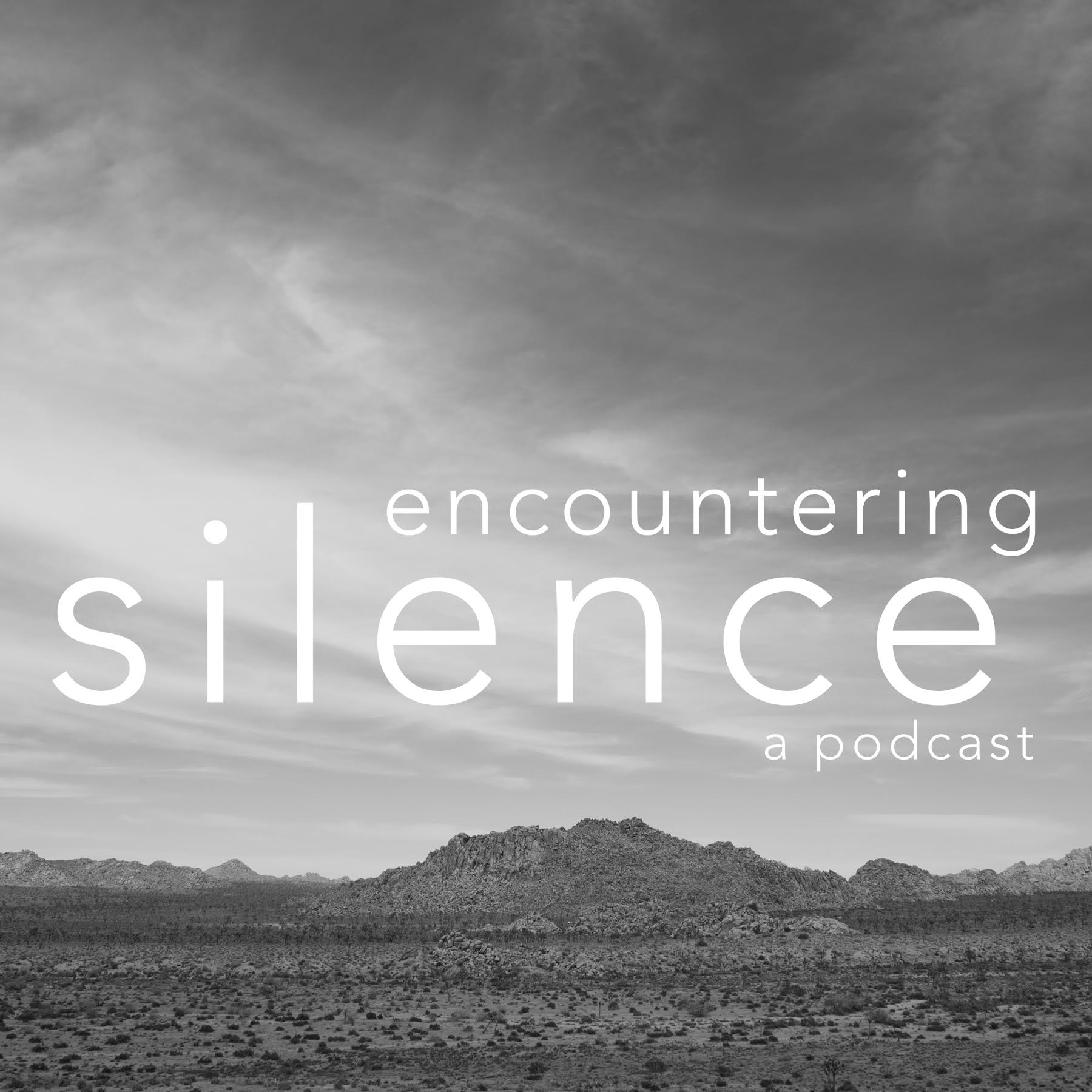Jessica Mesman Griffith: The Silence of Missing Voices (Episode 23)
May 24, 2018

Author Jessica Mesman Griffith talks about silence, creativity, fear, doubt, death, and missing voices.
What is the relationship between silence, creativity, fear, doubt, death, and missing voices — especially in terms of art and literature?
To explore this provocative question, we turned to our mutual friend — and one of the most gifted and articulate writers of our time — Jessica Mesman Griffith.
It’s very difficult for me to be in any kind of silence.. I love being out in nature and not having the iPod. When I take my long walks every day, I don’t take my iPod, I don’t listen to music, I don’t have earbuds, but the sounds of nature are not the sounds of my own body. It’s the sounds of my own body I think that terrify me. — Jessica Mesman Griffith
Jessica Mesman Griffith is an award-winning essayist and memoirist who honestly and fearlessly explores the intersections between religion (especially Catholicism), art and creativity, mental health, and social justice. She is the founder of the Sick Pilgrim blog (www.patheos.com/blogs/sickpilgrim), described as "a space for the spiritually sick, and their fellow travelers, to rest a while." Her books include Love and Salt: A Spiritual Friendship Shared in Letters (co-authored with Amy Andrews), A Book of Grace Filled Days: 2016, and Daily Inspiration for Women (co-authored with Ginny Kubitz Moyer, Vinita Hampton Wright, and Margaret Silf).
Jessica's authenticity is revealed from the first minutes of our conversation, when she discusses how silence seemed unsettling to her as a child. Musing on the relationship between silence and the fear of death, or the link between happiness and conviviality, and even the anxiety that comes from the noises of her own body, she muses on how she has discovered different "types" of silence (the silence of nature seems different from the silence in a suburban home).
Good writing is having an ear… Having an ear for how something sounds on the page, for the rhythm of language… The best writers have an ear for where something falls flat or doesn’t sound true. — Jessica Mesman Griffith
The conversation goes on to explore the questions of the relationship between silence and creativity, privilege, and the body. Invoking poetry, horror movies, music, narrative nonfiction, we look at silence from many angles, acknowledging that the human experience of silence is messy and multivalent — pretty much like the human experience in general.
Some of the resources and authors we mention in this episode:
Jessica Mesman Griffith & Amy Andrews, Love and Salt: A Spiritual Friendship Shared in Letters
Jessica Mesman Griffith, A Book of Grace Filled Days: 2016
Jessica Mesman Griffith et al., Daily Inspiration for Women
Thomas Merton, Love and Living
William Friedkin (dir.), The Exorcist
Wes Craven (dir.), The Serpent and the Rainbow
Tobe Hooper (dir.), Poltergeist
Tillie Olsen, Silences
Barbara Holmes, Joy Unspeakable
Natalie Diaz, When My Brother Was an Aztec
Tyehimba Jess, Olio
Rosalie Morales Kearns, Kingdom of Women
Rosalie Morales Kearns, Virgins & Tricksters
George Saunders, Lincoln in the Bardo
Flannery O'Connor, Spiritual Writings
Walker Percy, Signposts in a Strange Land
Thomas Merton, Essential Writings
Vinny Flynn, Seven Secrets of the Eucharist
John Cage, Silence: Lectures and Writings
Vincent Katz (ed.), Black Mountain College: Experiment in Art
John Krasinski (dir.), A Quiet Place
Neil Young, Harvest Moon
Andy Warhol, The Philosophy of Andy Warhol
Yoko Ono, Grapefruit
Carlo Rovelli, Seven Brief Lessons on Physics
Stephen Hawking, A Brief History of Time
I think we’re certain that it [silence] means death and then we’re terrified that that’s what death is – that that’s all death is, the silent darkness. So in Christianity we revolt against that by making it as loud and hideously ugly apparently as we can, at all times… This is our ultimate fear–that there’s nothing. — Jessica Mesman Griffith
Goofing around in New York City.